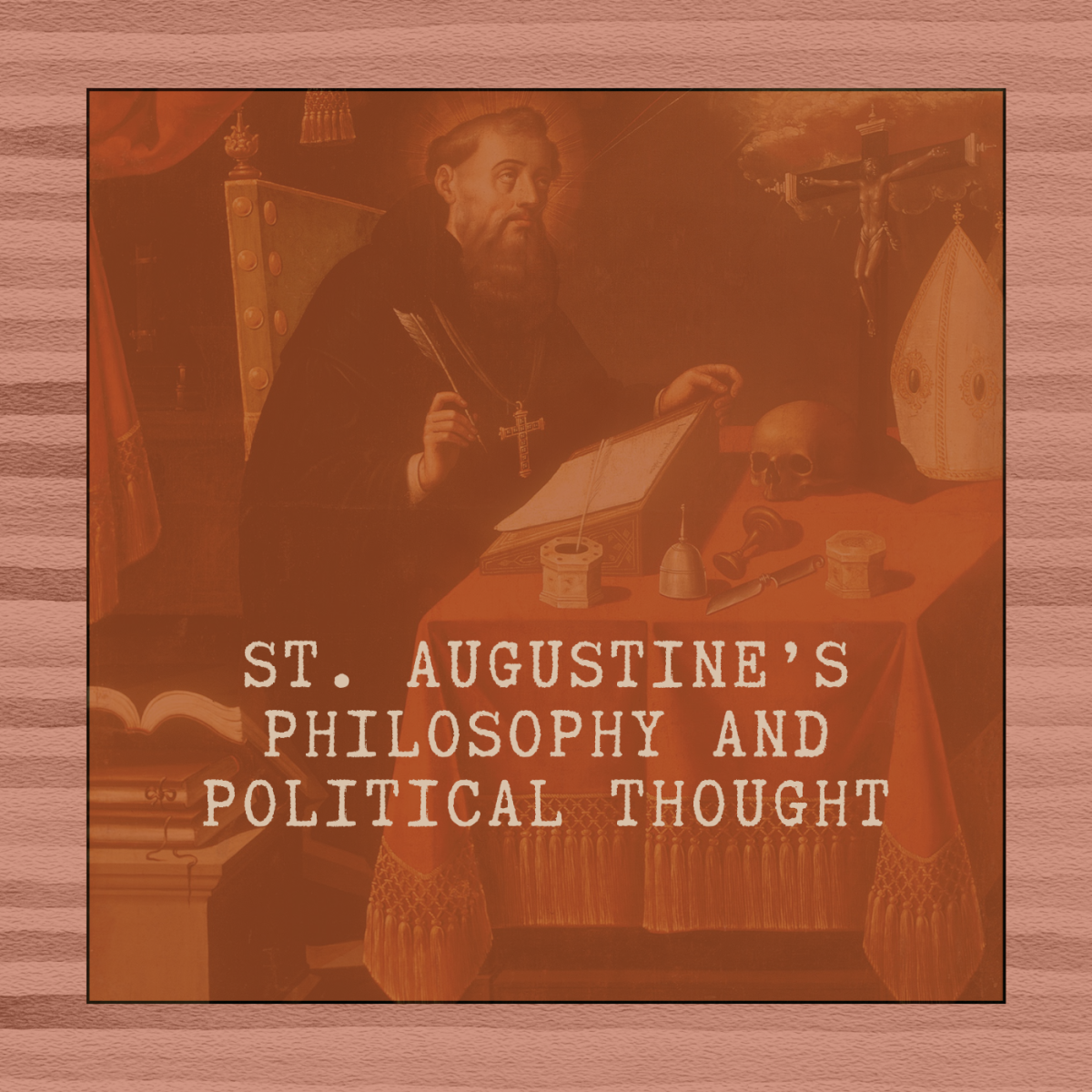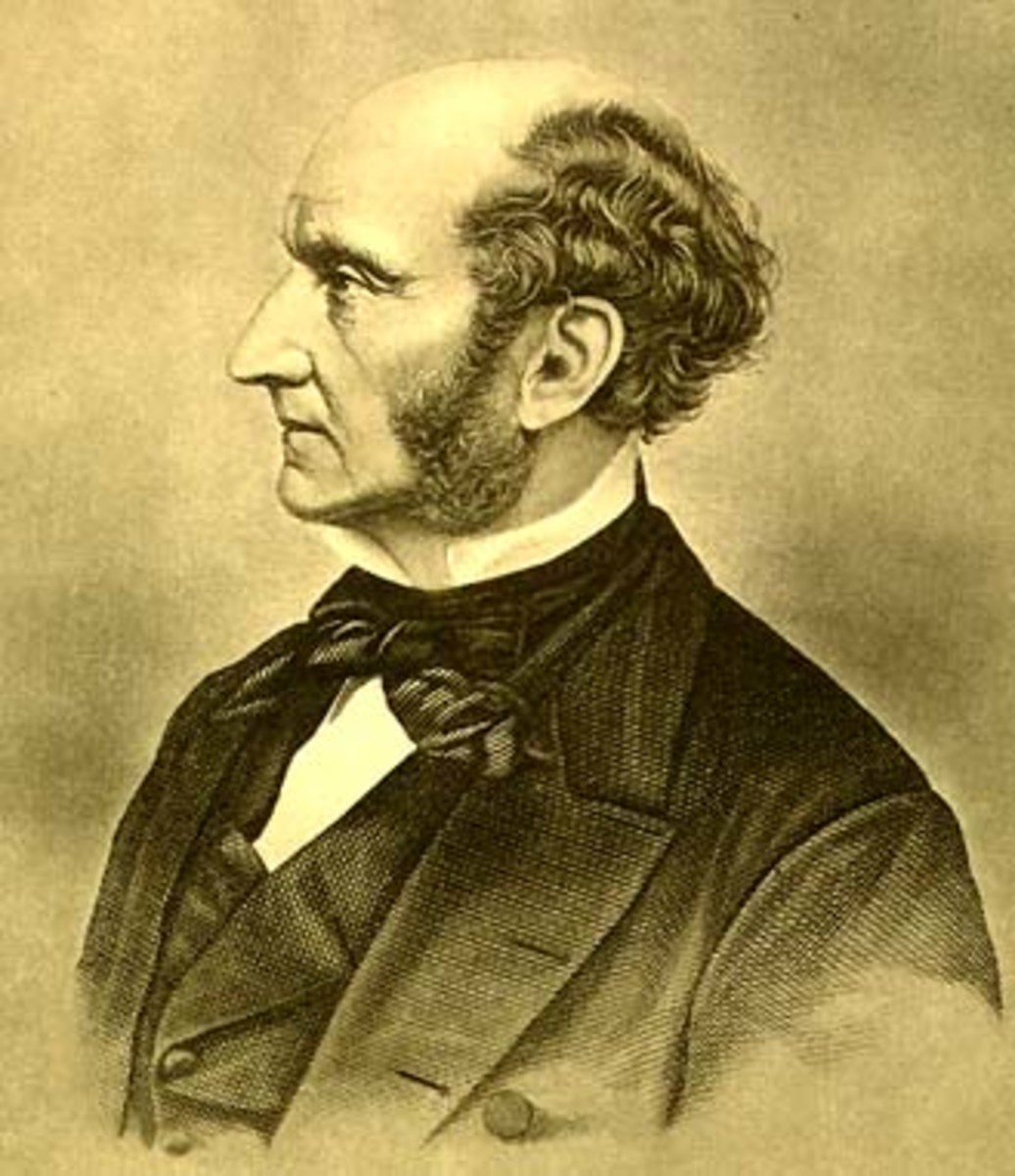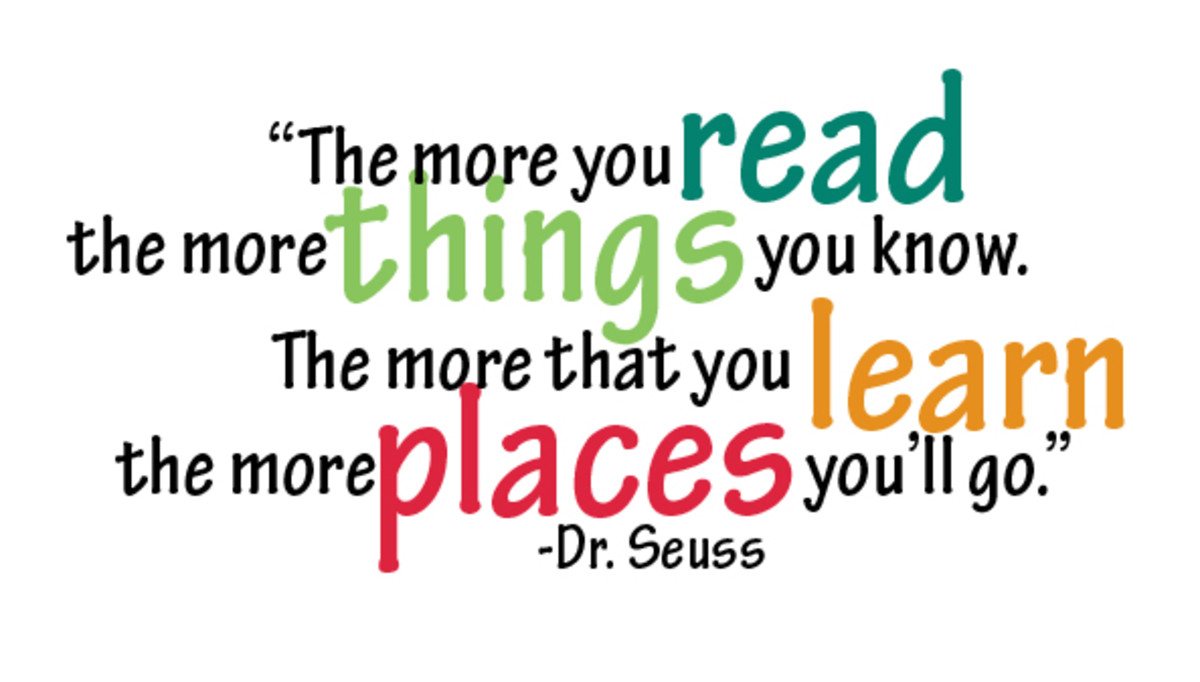Bowen's 20 Principles for Law and Government

My 20 Principles for Law and Government
Below are twenty principles that I have used over the years in explaining the importance of law and government. The first two are primary; the others flow from the first two:
- Law is based on morality; morality is based on revelation. Therefore, law is based on revelation.
- The foundation of revelatory law is love. The two most important laws are to love God and to love our neighbor. All other divine laws such as the prohibitions on acts like murder, rape, and kidnaping are interpreted in light of those two great laws.
- Law does not determine what is right; what is right determines what is lawful.-- What is right precedes what is lawful. The "rule of law" or "law and order" are not possible without a sense of right and wrong. Yes, sometimes it's hard to determine what's morally right and wrong. But the difficulty doesn't belie the reality. Even though we "see through a glass darkly" on some social issues, we should believe that there's a right answer to be found.
- The government serves the law; the law does not serve the government--Law precedes government. This may seem backwards because you might be thinking, "you have to have government to make the laws." But this is wrong because what should be lawful precedes the actual writing or codifying of it. Murder is wrong whether anyone writes a rule and says it is. So, while you need written rules, there's a body of principles that are "necessarily lawful" that precede any assembly, ruler, or court.
- People do not exist to serve the government; the government exists to serve the people--It's still true that government officials are called "ministers" in some countries. The word "minister" is related to the word "servant." If something is "ministerial", it serves something else. Even in America, we still use expressions like "serving the American people" and "public service." These are not just platitudes; they should reflect the attitudes of our public officials, and we should regularly remind public servants that while they are our "authorities," they are not our masters. Yes, they do lead us, but they do not herd us.
- An official is in power because God has placed him there. Because God is omnipotent and omniscient, it's not a contradiction to say both that "Official X is in his office because he was elected by a majority of the people" and to say that "Official X is in office because God placed him there."
- While officials are the servants of the people, they are God's servants first. The Bible is clear that officials are God's minister's first (Romans 13:1-4). Human authorities like Saul in the Old Testament or Pilate in the New Testament run the danger of listening to the clamor of the mob and dismiss God's moral principles and commandments. They do this to their own detriment and that of those they represent.
- Government is not a divine institution, but it embodies a divine task. Neither the institutions of government nor those that occupy them possess divinity. We should reject a principle of the "Divine Right of Kings" because the view has some misconceptions about the role of an authority as a civil regent for God, much like the Catholic Church teaching of the Pope as being Christ's regent on earth. While God has granted civil authority latitude in dispensing justice, it's only their task that carries the necessary divine sanction. The agent, be he king or president, or even an instrument like the Constitution, is not imbued with divinity. Their roles are ministerial, not magisterial. While the commandment to citizens is to obey "the powers that be," that obedience is conditional on the scope of that obedience and is checked by other agents of divinely sanctioned institutions like the church and the family.
- Governments are necessary institutions; they are not merely contractual organizations. Modern political theory has made much of governments as merely contractual arrangements between ruler and ruled. While it should not be a problem for nations to use contractual agreements between the people and their rulers (in fact, many of the more enlightened nations of the modern world have done so), those political systems cannot be reduced to mere contracts because the agency of civil authority to dispense justice according to God's standard's of righteousness is not an authority that is created by people; it is an imposition by God.
- Government is not a necessary evil, but is necessary because of evil. It's going to far to say that "government is a necessary evil." Any institution of human authority contains some evil but we would be hard pressed to characterize them all as "evil" especially since there will always be some governments that carry out their role in dispensing justice, although imperfectly because of human depravity. They accomplish a moral good just like other social institutions.
- Vengeance is just when carried out by a government against crimes. Revenge is "payback" for a wrong done to you. While we are not supposed to carry out personal vengeance, the state does carry out a collective vengeance against those that harm the state and its people. This is not to say that all acts of vengeance are just. However, some acts are. For example, when Osama bin Laden led the attack to kill thousands of people on the soil of the United States, it was an act of revenge for the state to kill him and that act was just. When a government kills a murderer or a rapist, it is an act of collective vengeance which is also a just act.
- The most serious crimes are those immoral actions that God says the state can punish. The most serious crimes to avoid are those that God states are immoral acts. Why? Because there has to be a standard by which all actions are judged and God provides that standard. What He says is right and wrong is more important than what we collectively say. Our role as citizens is to advance God's standards of righteousness in our own lives and then insist that our leaders do the same and keep as "criminal" those acts that God forbids.
- Not all crimes are sins; not all sins are crimes. For the first one, it may be held as criminal to proselytize in the name of Jesus Christ. Even in this century, men and women have been martyred for their faith. Their actions of advancing the Christian Gospel may have been criminal, but they were not sins or immoral acts. Also, not all sins are crimes. Lust is a sin, but is not criminal. So are gluttony and gossip.
- Some evils can only be suppressed by the force of government. I admit to not being as certain about this because it involves historical counterfactuals, but I think that some evils like those committed against the Jews in the Holocaust required a collective response. Could the German people have opposed the Nazis eventually and put an end to the massacre of Jews? It's possible and some even tried to do so like those Germans that tried to assassinate Hitler. However, at some point, since we can't predict what the German people "might" do under their situation, and given that they had not stopped Hitler, then I believe that a collective response is warranted.
- God's judgment on a nation can be recognized by high taxes, abusive rulers, and losing wars. We often say "what goes around, comes around." Sometimes we refer to this as "Karma." The biblical principle is sowing and reaping. We tend to reap what we sow and this is not just true at the individual level but also at the collective level. If people tend to tolerate a lot of debt in their own life, they should not be surprised that they tolerate a government that has not restraint when it comes to printing and spending money. If people tolerate lying, they should not surprised that their government is full of expert liars.

- Governments can be good or evil. This principle is a bit more nuanced. You can certainly have an evil government with evil rulers. Mao's China, Stalin's Soviet Union and the current regime of North Korea are examples. These regimes are more notorious for massacring their own people rather than their national enemies. How about a "good regime"? No government is perfectly good. Even great political rulers in the Bible like Moses and David committed wrong acts. Having said that, the Bible does provide an "overall assessment" of rulers in calling them "good" or "evil." So, we can say that rulers are "characteristically good" or "characteristically evil." And if we can do this to persons, we should be able to apply this to regimes also.
- Power is not corrupt, but power often does corrupt. People often think that power is some kind of "necessary evil. But it's not. Power is necessary, but it is not inherently evil. However, it is potentially dangerous. Consider water or electricity. Both are necessary and are essential sources of life. However, if used wrongly, they can be destructive. Water both gives life and kills every day and so does electricity. So, power is necessary in society but it is subject to be abused. That's why the best governments that have provided for more human flourishing have been those that work to restrain, but not eliminate, the power of government control.
- Rights that come from God are primary; rights that come from tradition and authority are secondary. Since men are made in God's image, they are to be treated humanely and governments are obligated to protect the natural rights of those in their territory. You have a right to worship God freely and pray publicly. You have a right to publicly speak of your faith to others. You have a right to protect yourself. Years ago, the English philosopher John Locke spoke of the rights to "life, liberty, and property." The US Constitution uses that phrasing in the Fifth and Fourteenth Amendments in stating that you can not be deprived of "life, liberty, and property" except by "due process of law." In contrast, some rights like the right to vote or the right of habeas corpus are not natural rights, but are the rights granted by governments depending on the regime.
- There is no right to act immorally. You don't have a right to lie, even if the lie isn't illegal. You don't have a right to kill another person or to commit some other immorality. Perhaps the government does not criminalize an act, like adultery. But that means that you have a right to it. Rights are grounded in what is moral so there is no right to defy what is morally right. Governments may wrongly grant a "right" to a person to do something immoral. But such a right is not legitimate. Such a right only has sway so long as the granting government protects it. But rights such as the right to worship God or to work or to speak within moral bounds are rights that are granted in God who is ultimately the giver of all rights.
- The freedom "from" religion is a fiction. The idea of the "freedom from religion" is a fiction contrived by self-described "free thinkers" who are offended by the display of religion is public areas like government buildings. They claim that they have a right not to hear public religious observances or see public religious displays. But there is no constitutional right to not hear or to not see something that offends you, even if it is religious in orientation. In a free society, the United States has been mostly libertarian in what it allows to pass for "protected speech" in public areas, including religiously motivated speech in public areas that is highly offensive (see USSC case Snyder v. Phelps [2011], for example).
© 2018 William R Bowen Jr







